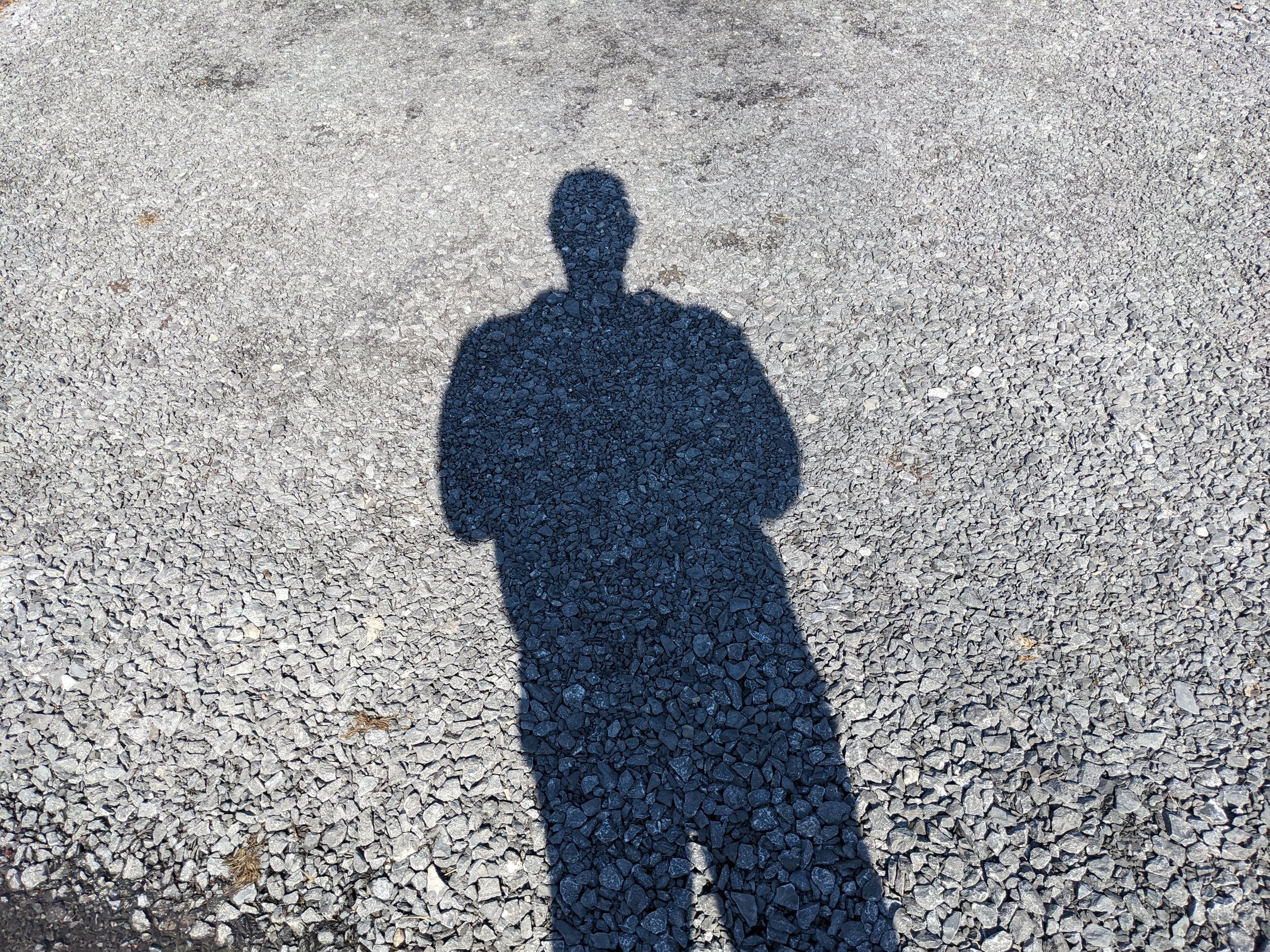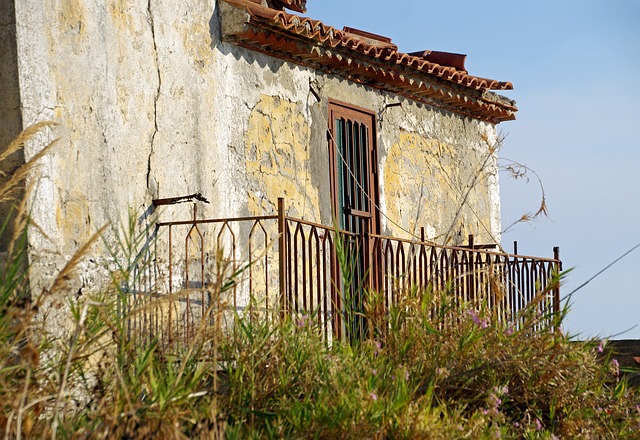Agar Zindagi Rahi Toh
““Kafan?” I asked the shopkeeper. My fledgling attempts at conversational Arabic, cobbled together by my familiarity with the Quran and Urdu/Arabic cognates, had not taken me as far as I had hoped during this visit to Karbala. The shopkeeper pointed to the shelves along the back wall. Rows of white cloth in clear plastic bags stretched to the ceiling. They all looked the same to me, so I grabbed the first one I saw. The shopkeeper quoted me 20,000 Iraqi dinar. I reflexively started negotiating. “Final price?” My face immediately went red, feeling foolish when the words came out of my mouth. It seemed indecorous to bargain for the cloth that will wrap my body as I’m lowered into the ground.”



















